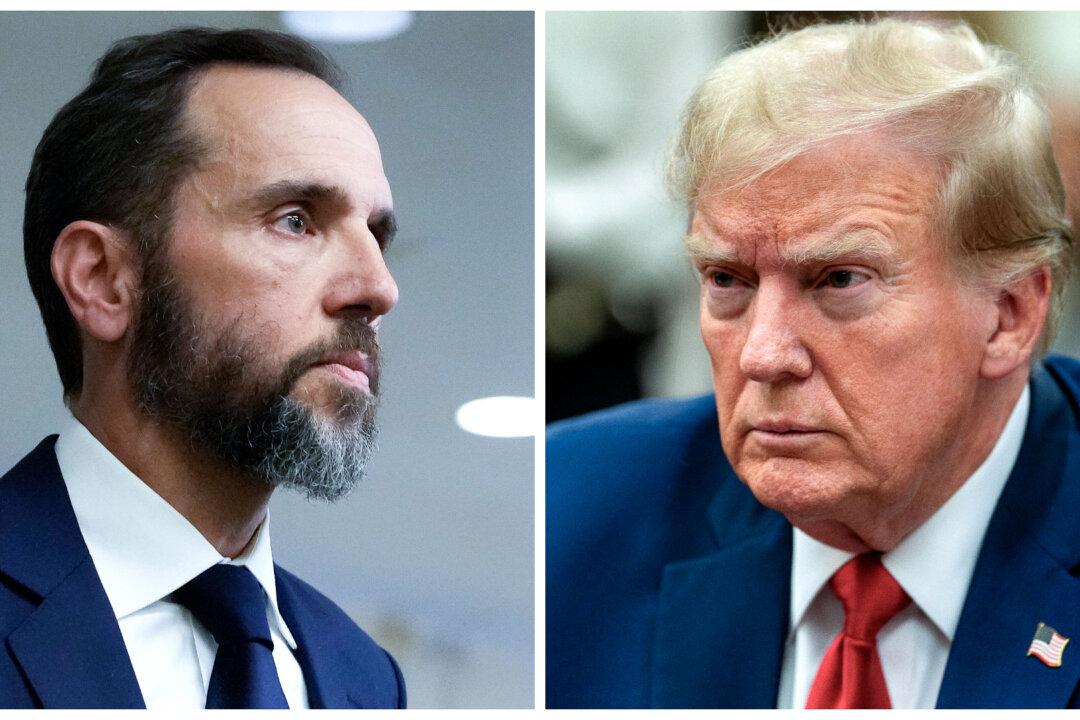On Feb. 6, U.S. District Court Judge Aileen Cannon ordered the unsealing of some names and information about government officials, granting in part a motion by former President Donald Trump to unseal a partially redacted version of his motion to compel prosecutors to hand over evidence.
“The parties are reminded of the strong presumption of public access in criminal proceedings,” the judge wrote, ordering that no unclassified material in the case be filed under seal going forward.





